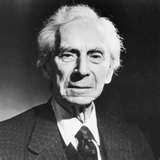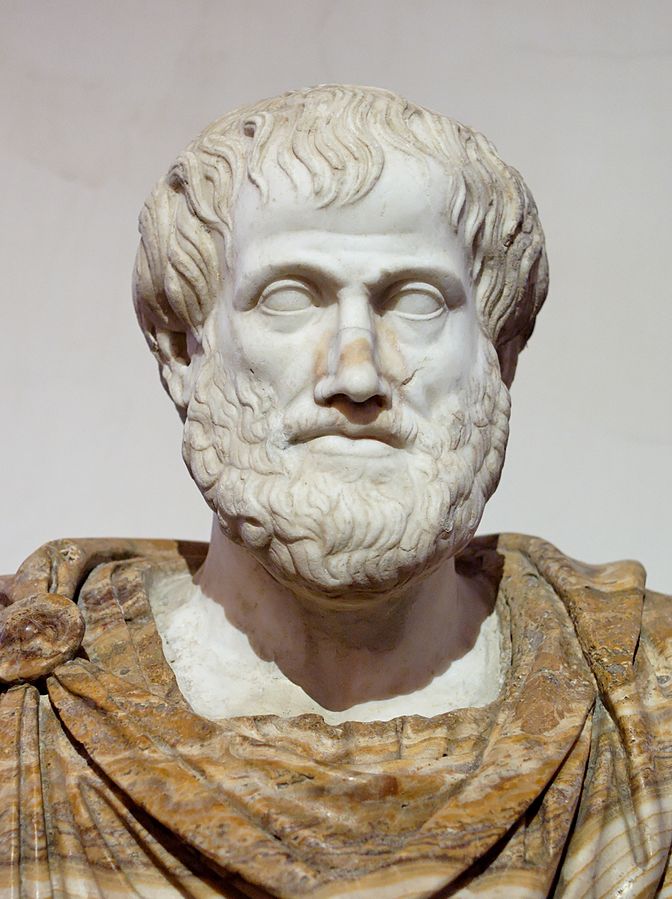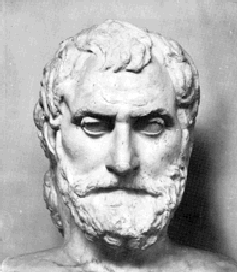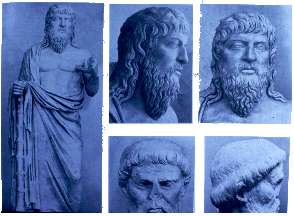He believed in the ethical goals of simple pleasure, friendship
and retirement. (I take retirement to mean the simple life of reflection,
and absence from politics, but I am not certain.)
Voltaire - The Portable Voltaire, edited by Ben Ray
Redman, Penguin Books
Thoughts by Albert Fried-Cassorla 2-15-05
This book is a compilation containing parts of many of Voltaire's works.
Here are reflections on a tiny selection from the book…
The Lisbon Earthquake
The Lisbon Earthquake is a 3-page work that concludes the collection.
This poem has particular resonance for today. By today, I mean 2005, right
after the great tsunami that took over 150,000 lives recently.
The earthquake of the poem's title took place in 1755 and took about
40,000 lives.
In the poem, Voltaire, who was a believer, questions God's wisdom in
killing all of these people.
He asks: "Should not God towards mercy be inclined?"
In so doing, he presaged modern questioning of belief that followed the
recent tsunami disaster.
In the Philosophic Dictionary, Voltaire dispenses his views on a variety
of subjects in series, all done in alphabetic order.
He is very charming and of course very learned. How his factual knowledge
holds up in the light of modernity, I am not sure. Yet he said in his essay
on atoms, that it "appears" that they are indivisible. He was
wise enough to hedge his bet with that qualifier. Pretty smart for an 18th
century man (an understatement).
Voltaire on Destiny
Destiny - Voltaire seems to believe that whatever has happened has happened
by necessity. Frankly, I find the truth or non-truth of this to be puzzling.
But I do think that human will in many past situations could have been different
and therefore could have yielded different outcomes.
I COULD have chosen in the past to say or do something differently. The
result would have been different. But perhaps I did NOT say something differently
because of the build-up to who I was psychologically at that last time.
In that case, I could not have done nothing in the past differently, even
though I might in similar circumstances do something differently in the
FUTURE.
So in pondering this, I think I agree with Voltaire in this: all that
happened in the past had to happen that way by necessity, or destiny.
This is very different from saying either:
This is the best of all possible worlds. Or…
All that will happen is destined. So using WILL is futile.
Voltaire on Dog
Note, not dogs plural, but dog singular, as in the character of a dog.
Who can disagree of Voltaire's assessment of the creature that is man'
best friend and guardian?
No wonder he expostulated against such derogation as as: "You French
dog!" or "Turkish dog!" Now as a dog owner, I understand
Voltaire's affection for these great animals more directly.
=============
Here I end my comments on Voltaire's Philosophic Dictionary, before the
letter F.
 Bertrand
Russell
The Problems of
Philosophy - By clicking on the hypertext link
to the left, you will get a copy of the book in Word form. This book
chiefly reflects on epistemological, or theory of knowledge, questions.
Within that field, it gives a good introduction. You need to have an
appetite for careful investigations into such questions as:
- What is an object?
- How do we truly know an object?
- Is it the sum of its properties?
- Is there a think in itself?
- Does it exist apart from our knowing it?
Those are interesting questions, but they are limited in
scope compared to the totality of philosophy, and Russell admits to this in
his introduction. The reading is lucid if difficult. However, his
final chapter is extremely eloquent and wise. That is chapter 15: The
Value of Philosophy. It begins on page on page 103 and ends on page
119 in the book, as I have paginated it for you. This
is broad and almost reads like a Nobel Prize speech, along the lines or copy
of say, William Faulkner's. So if you can only read one part of the
hook, do read these 16 most worthwhile pages! | 






